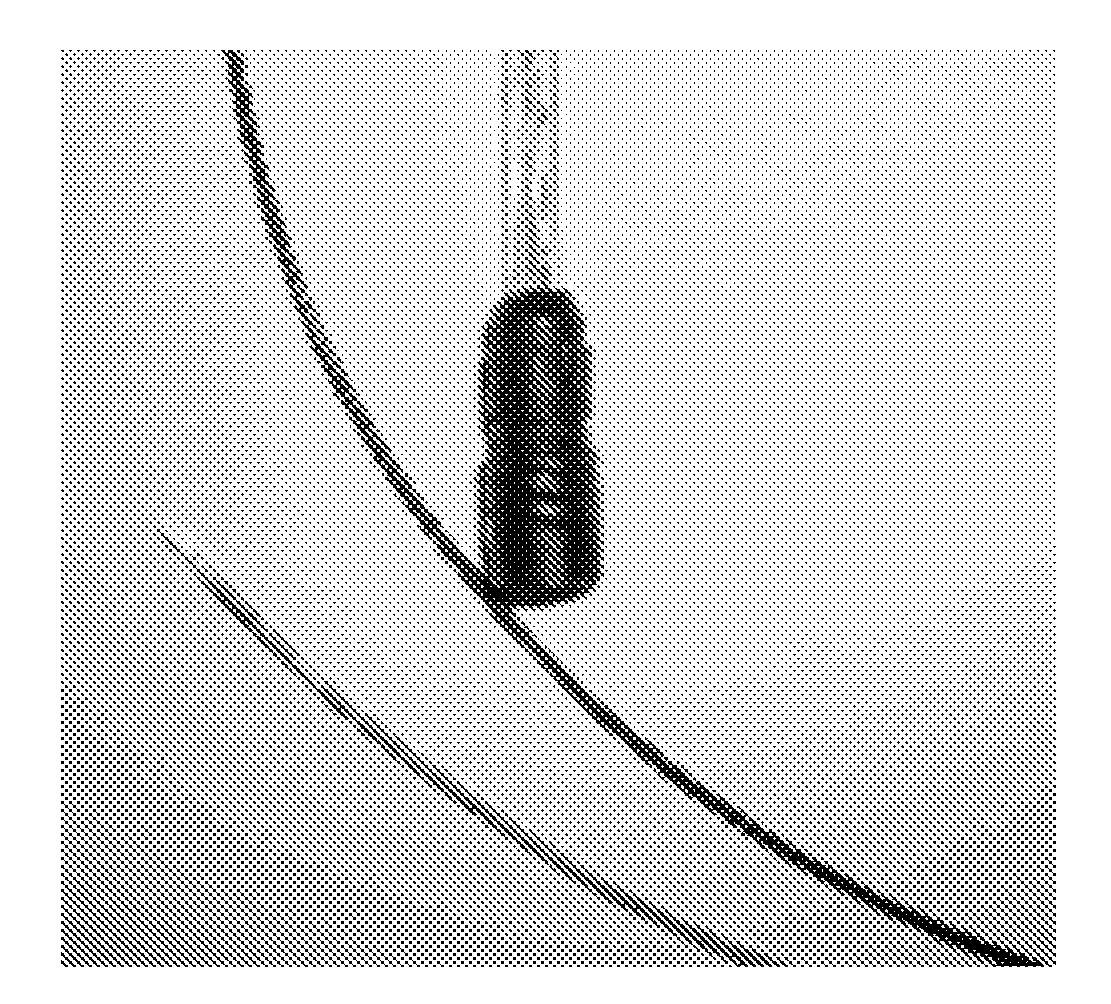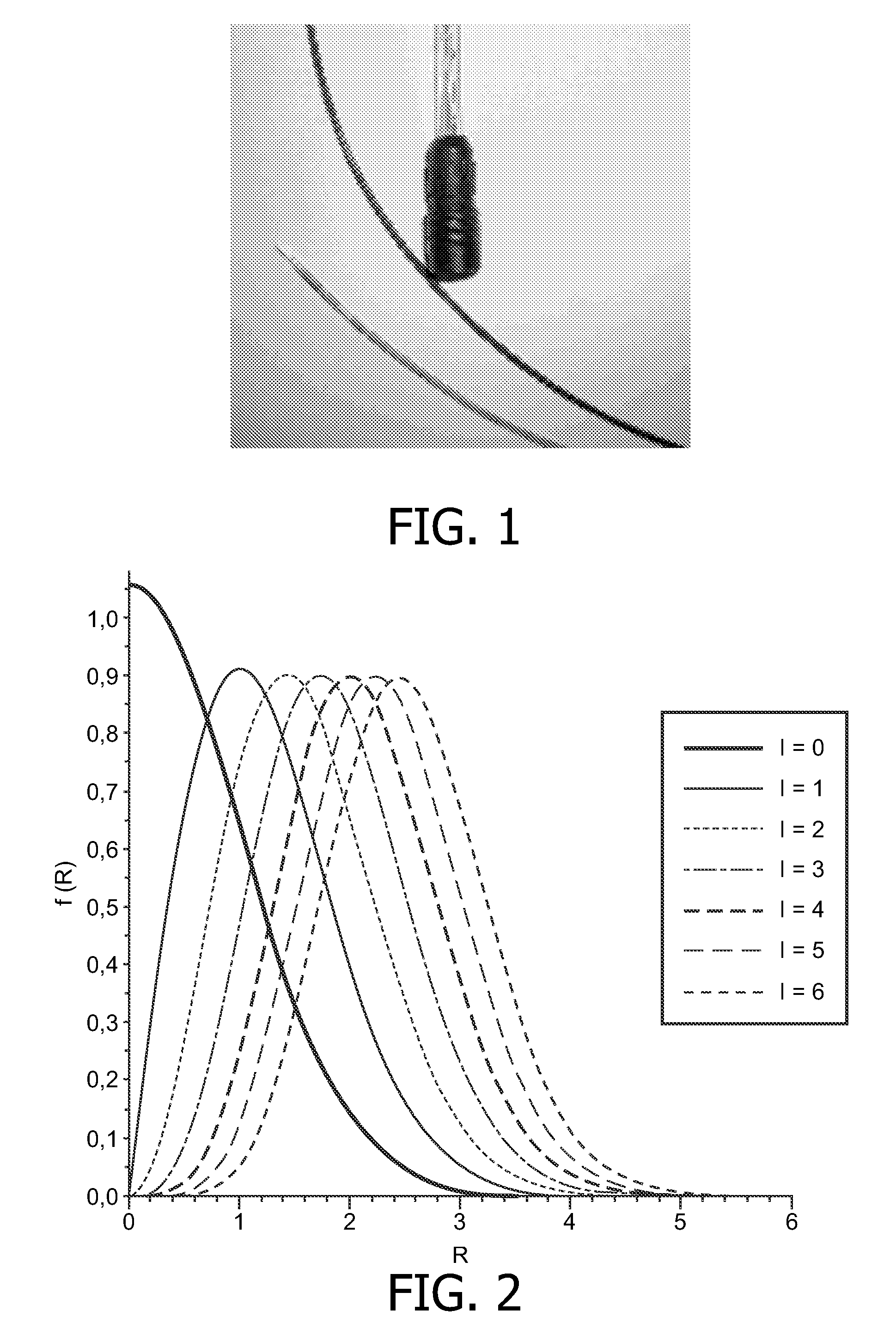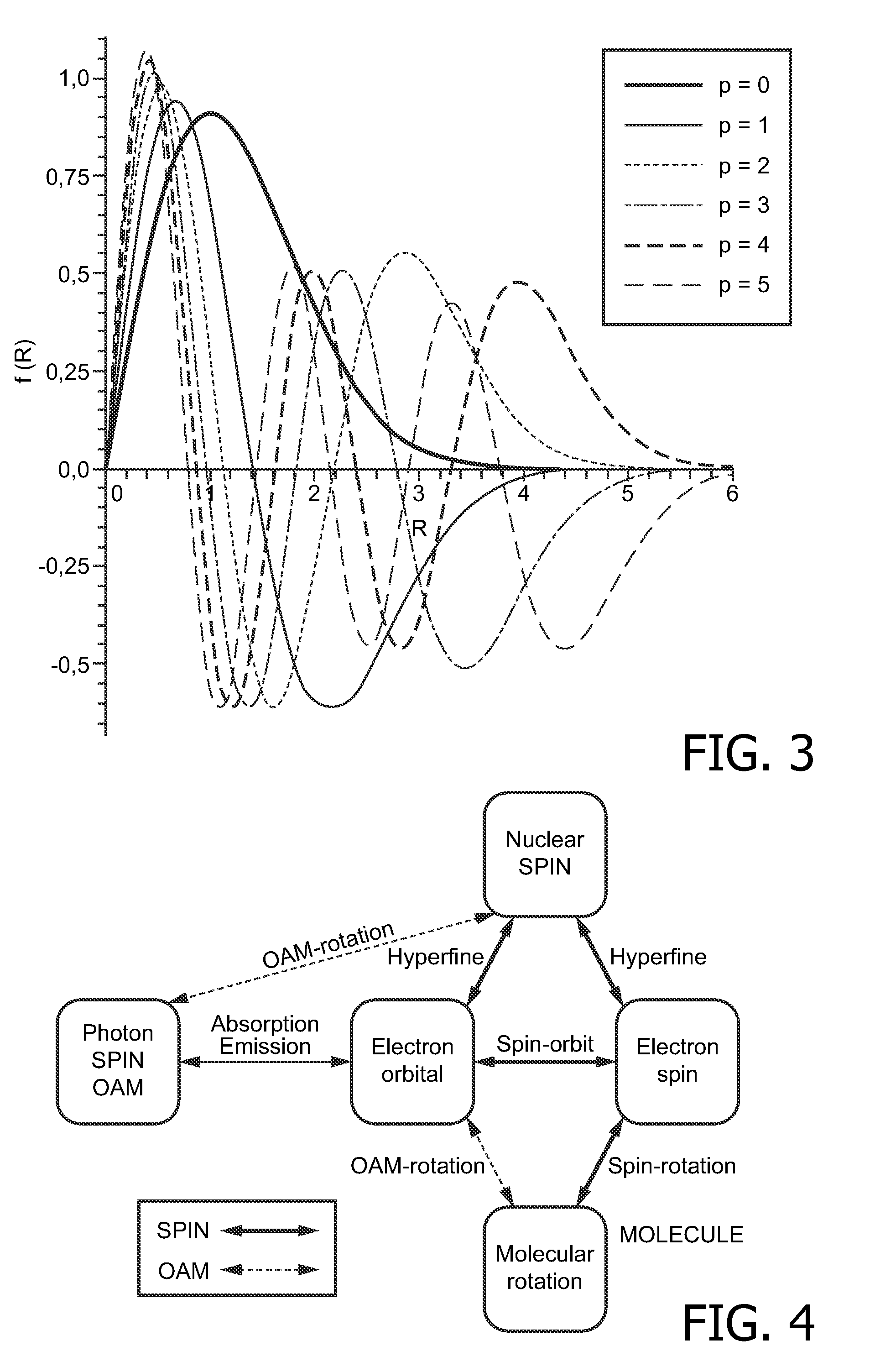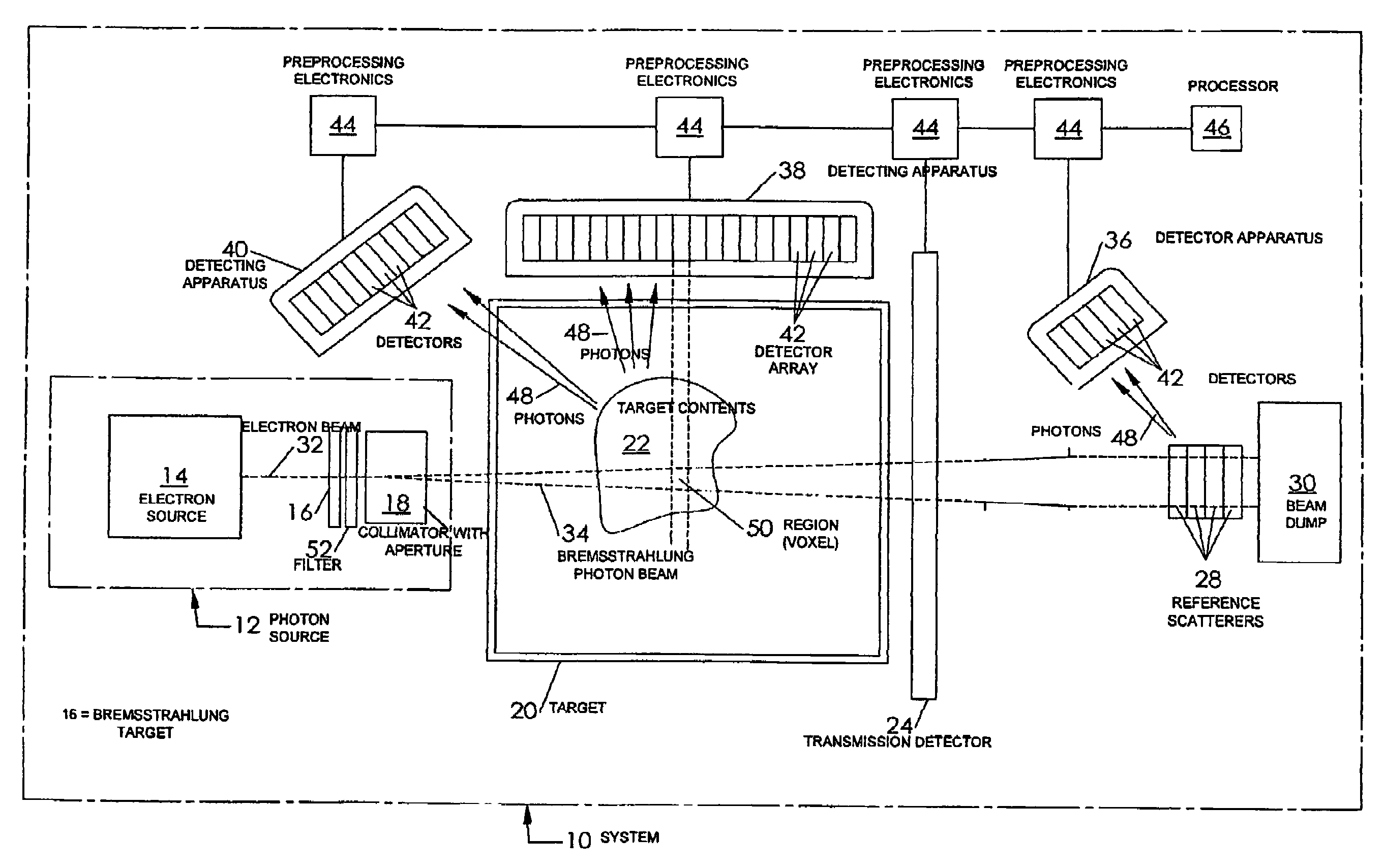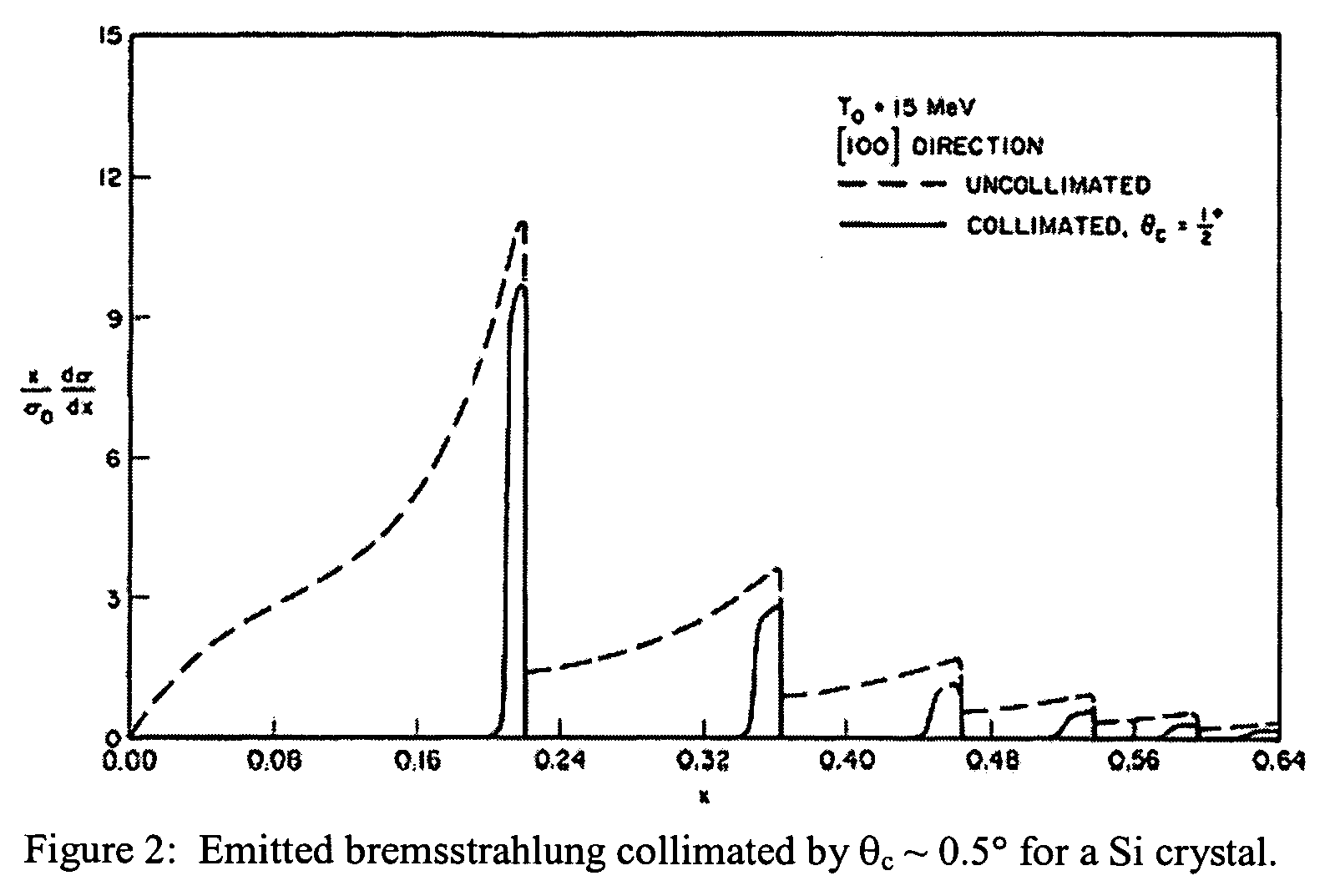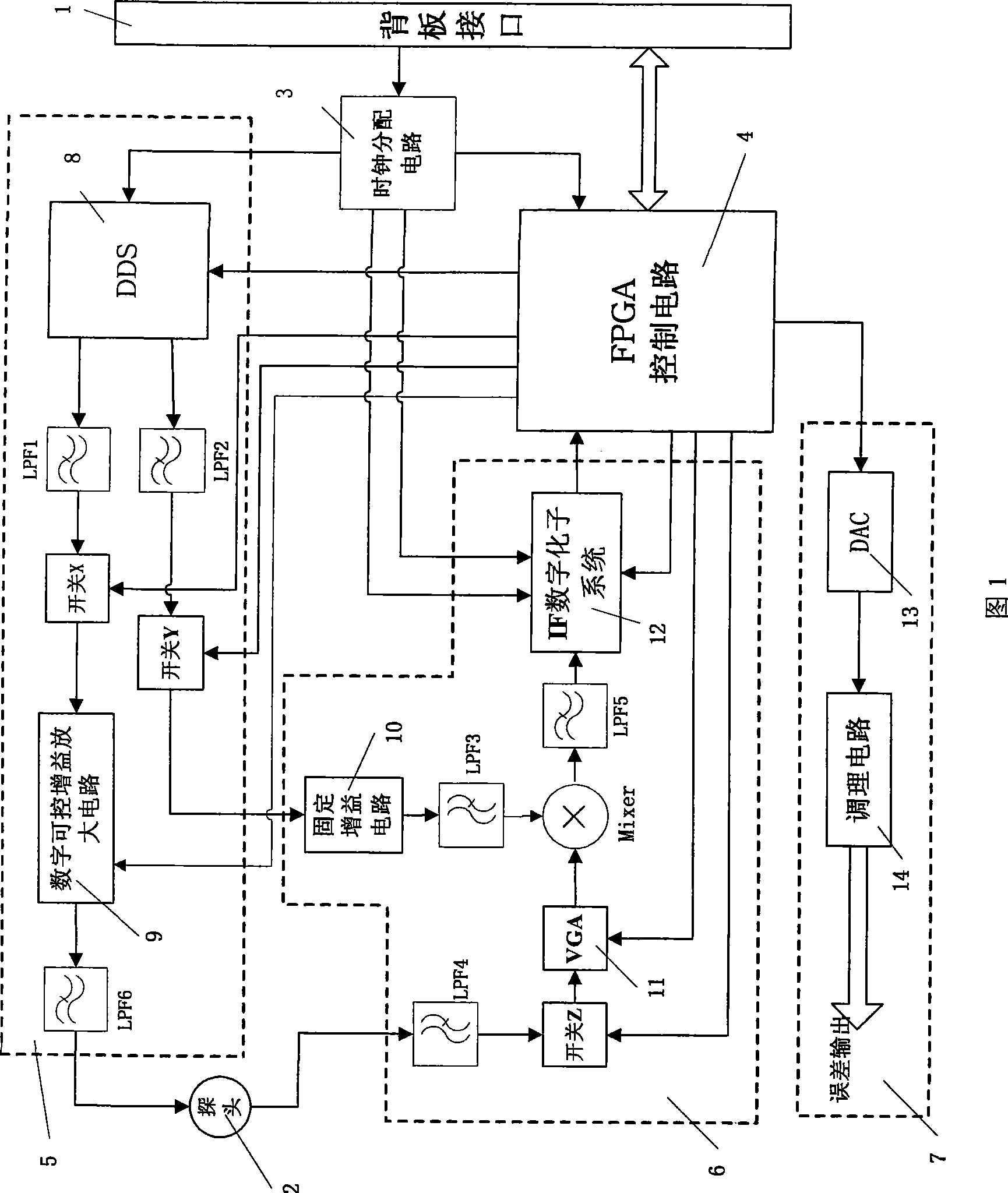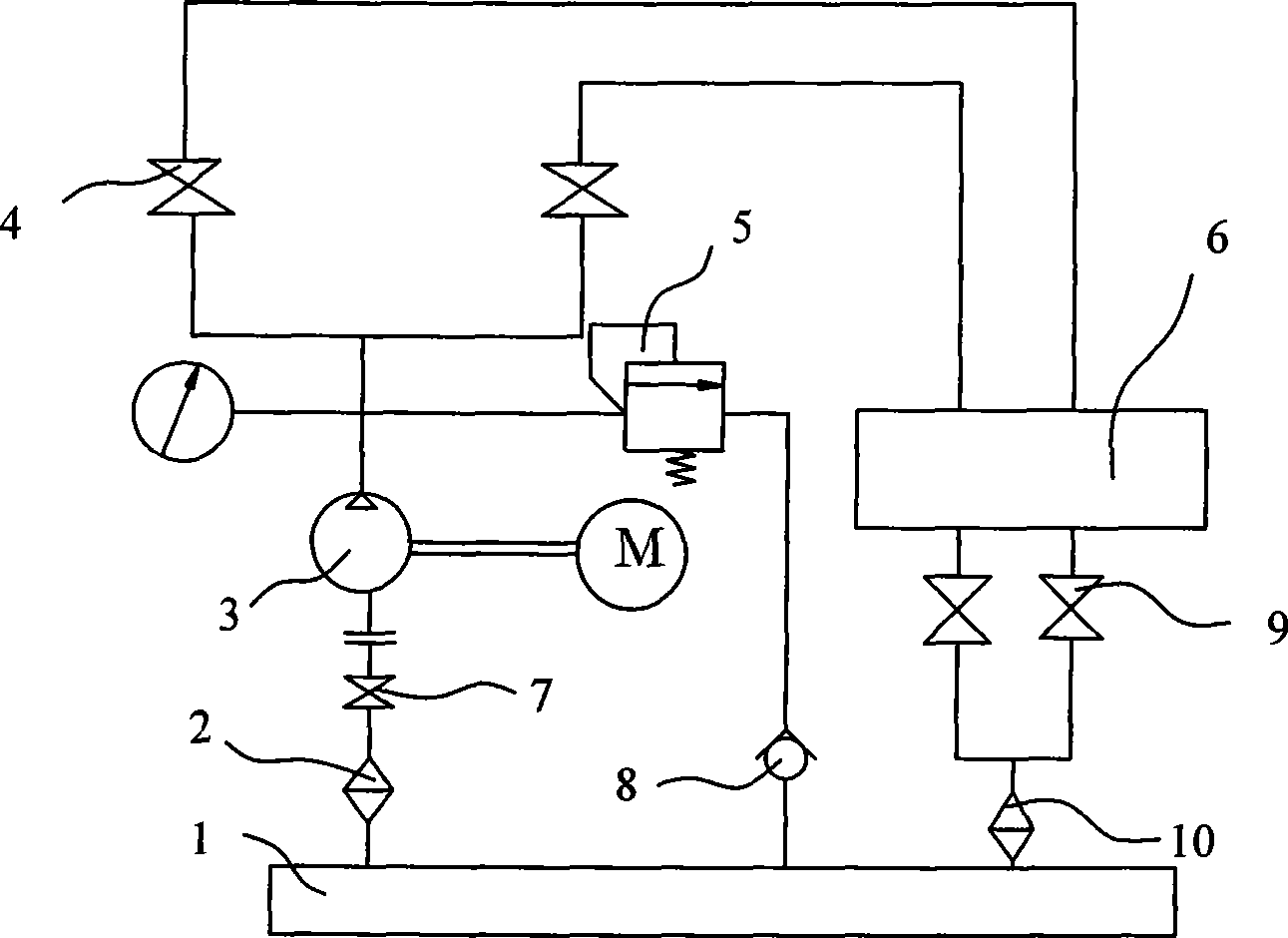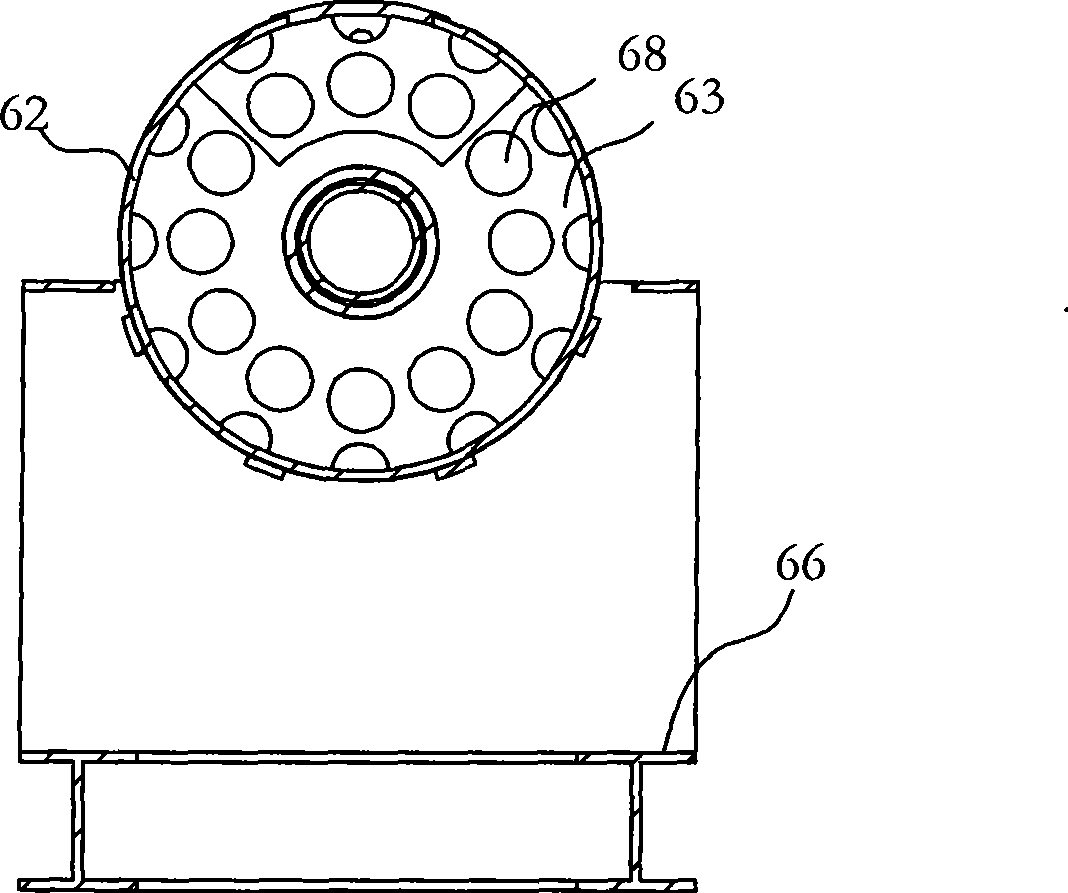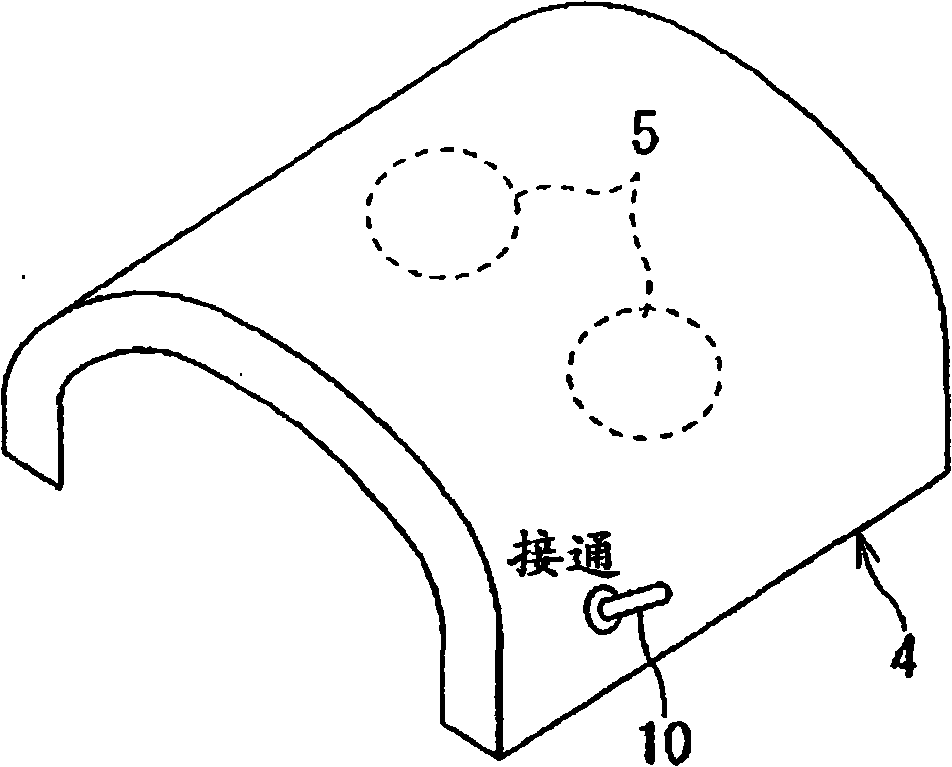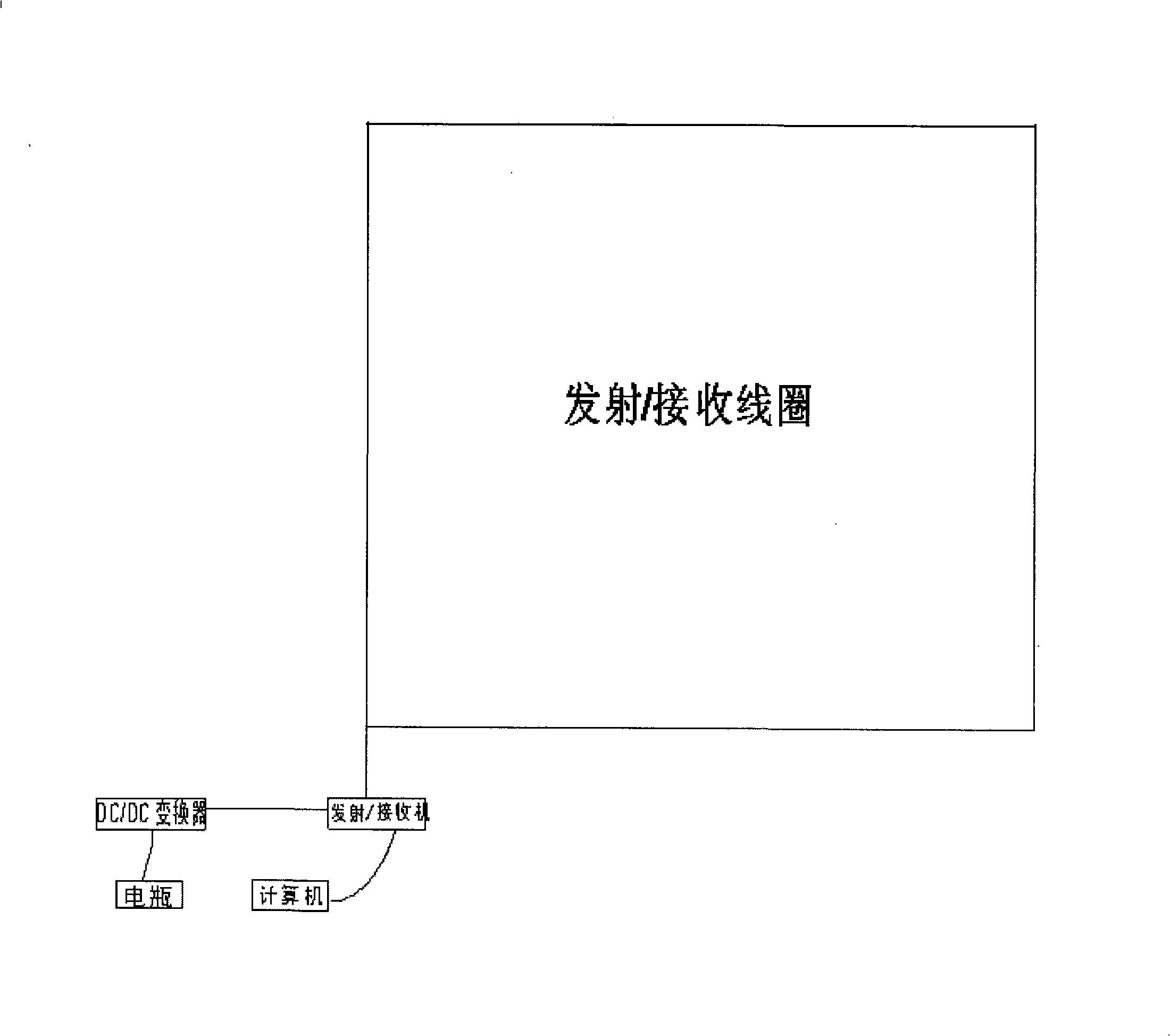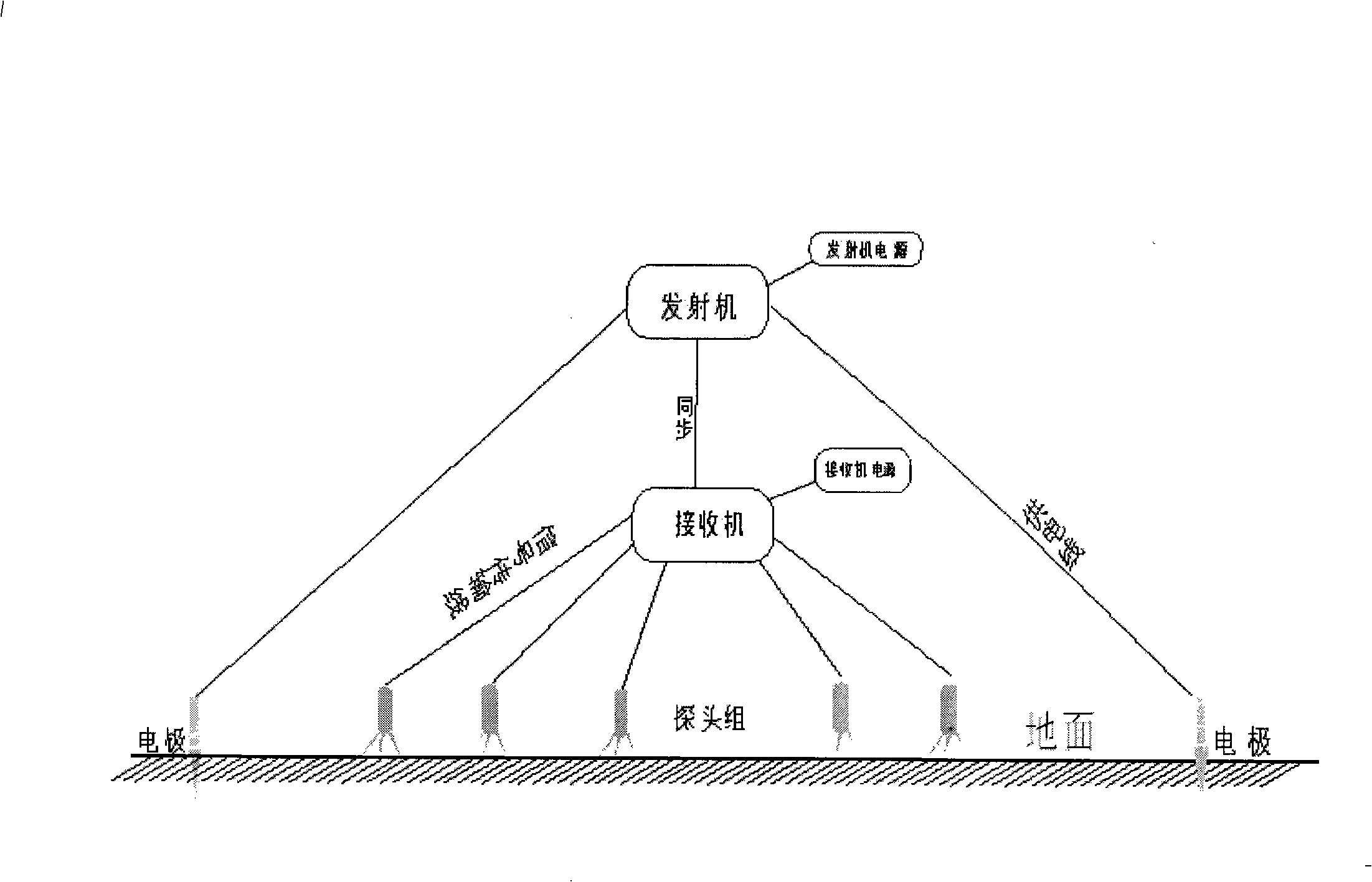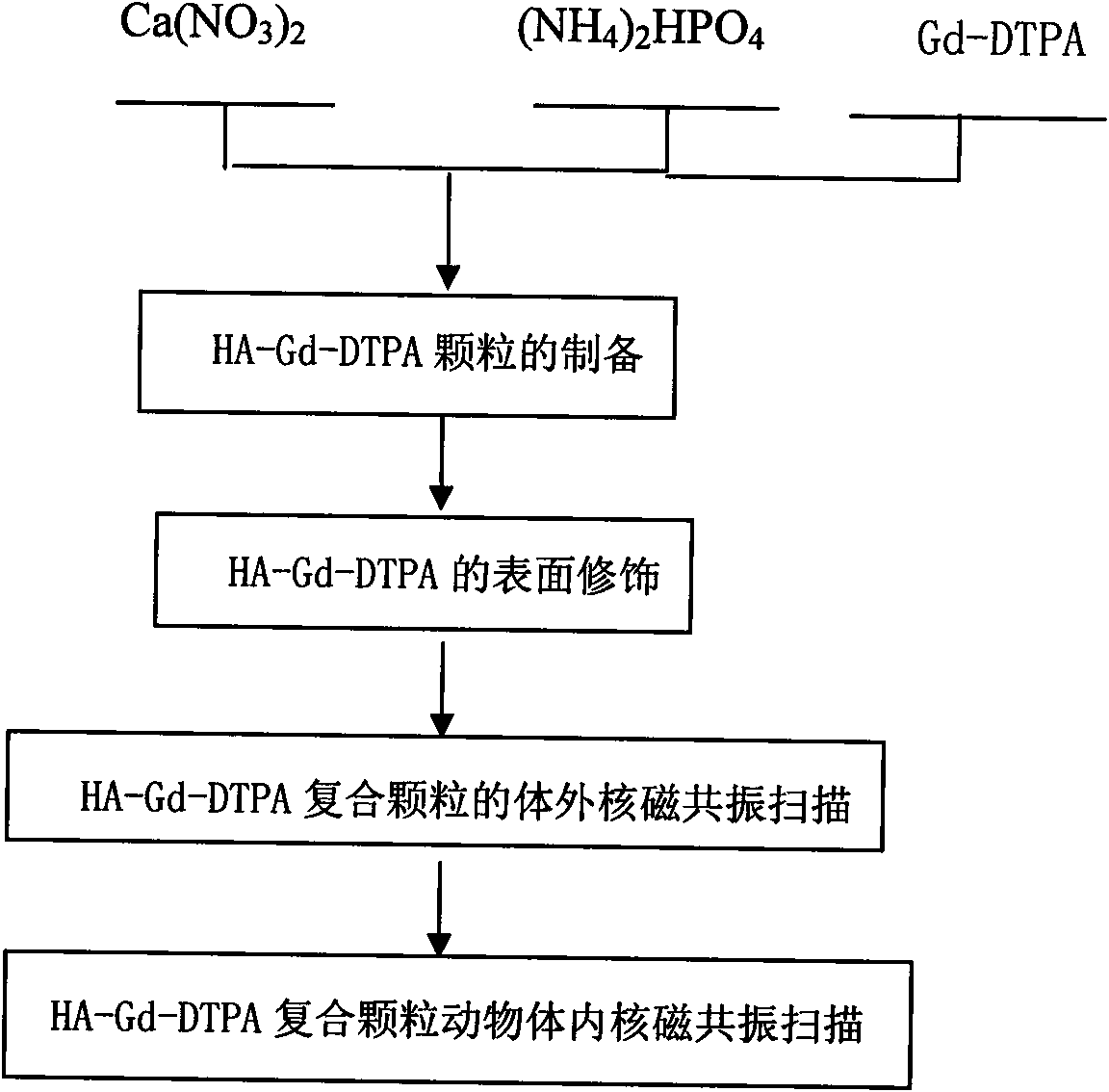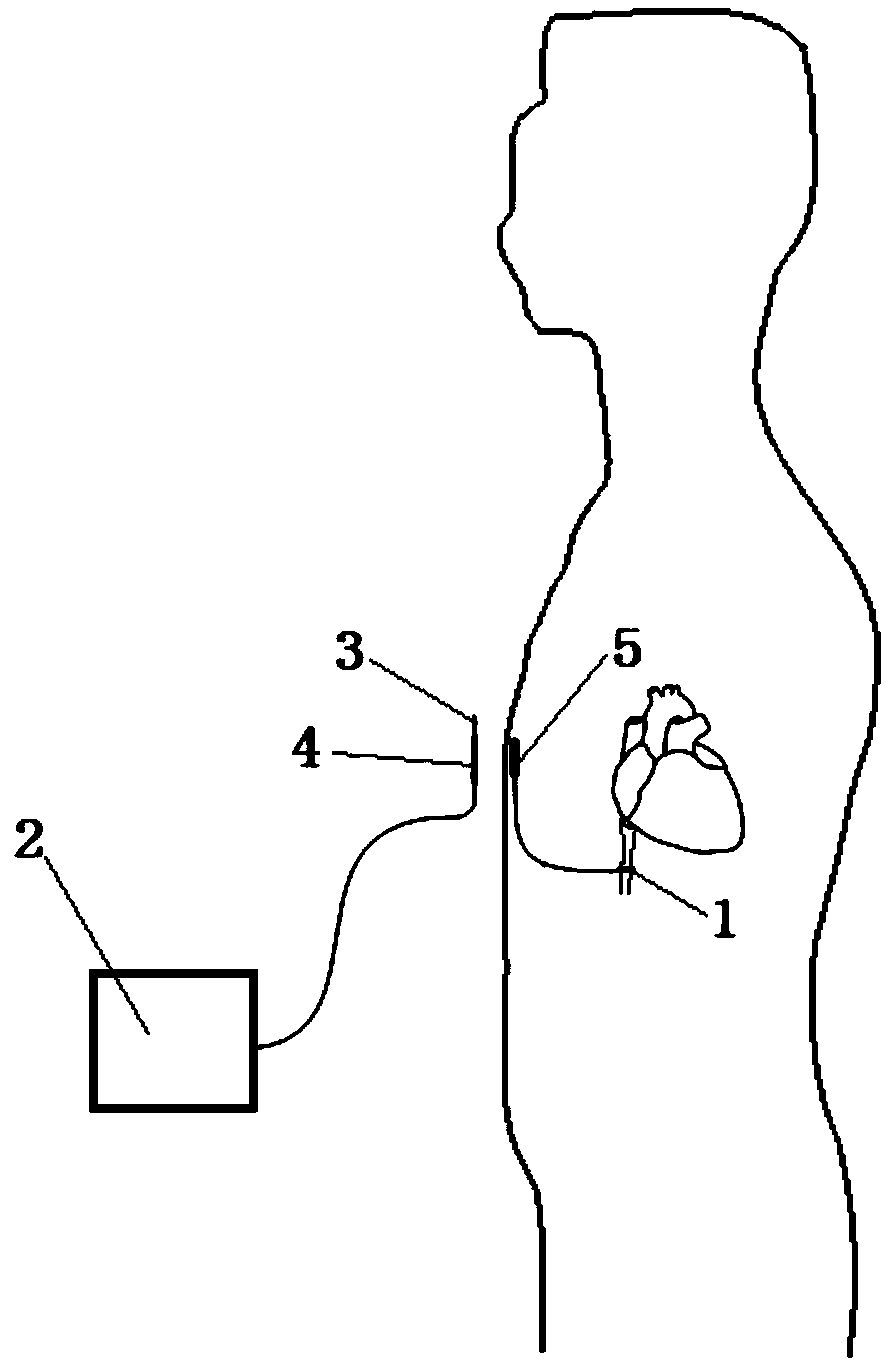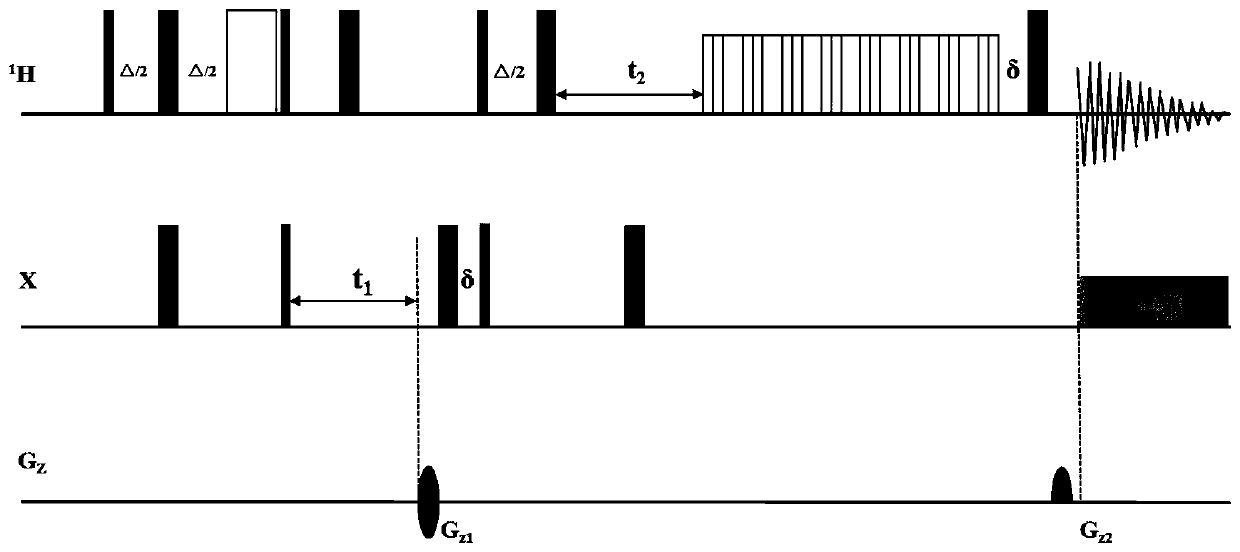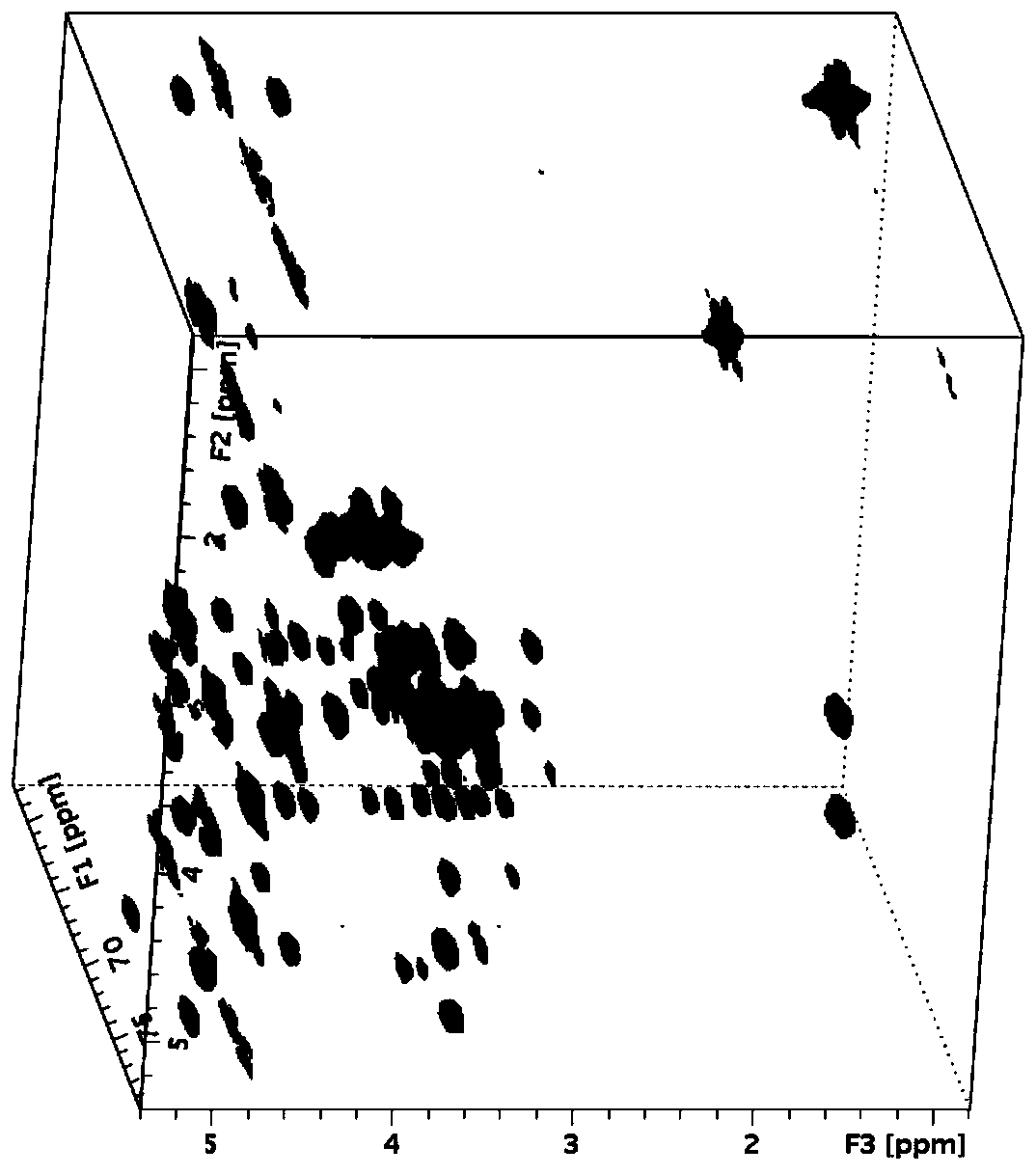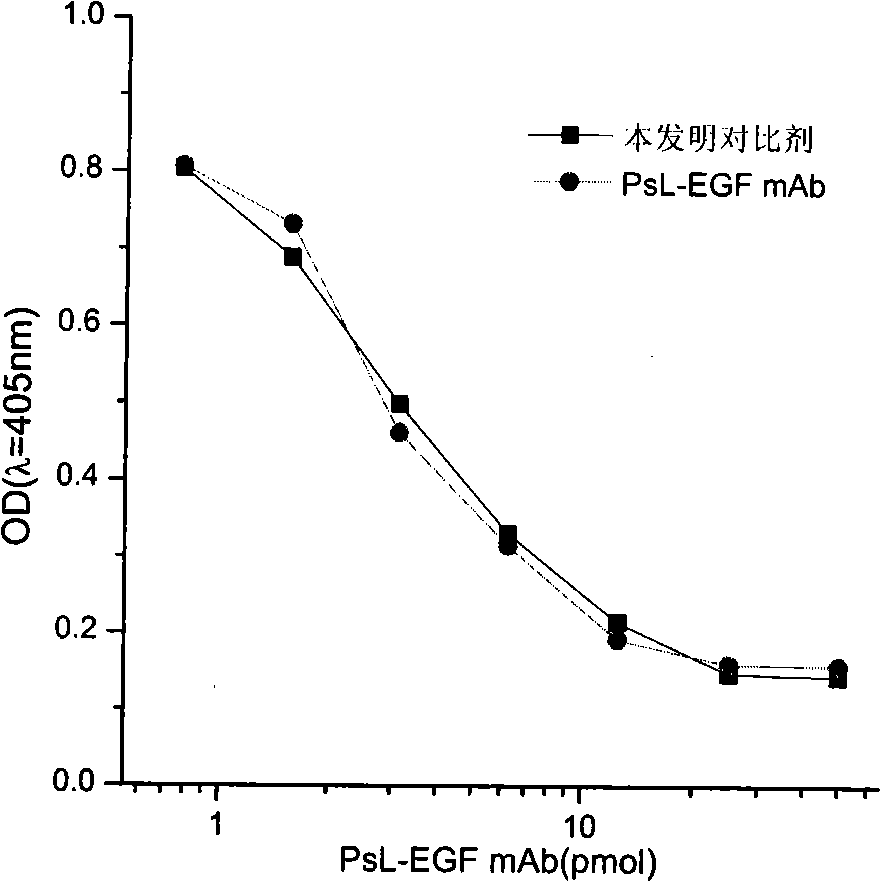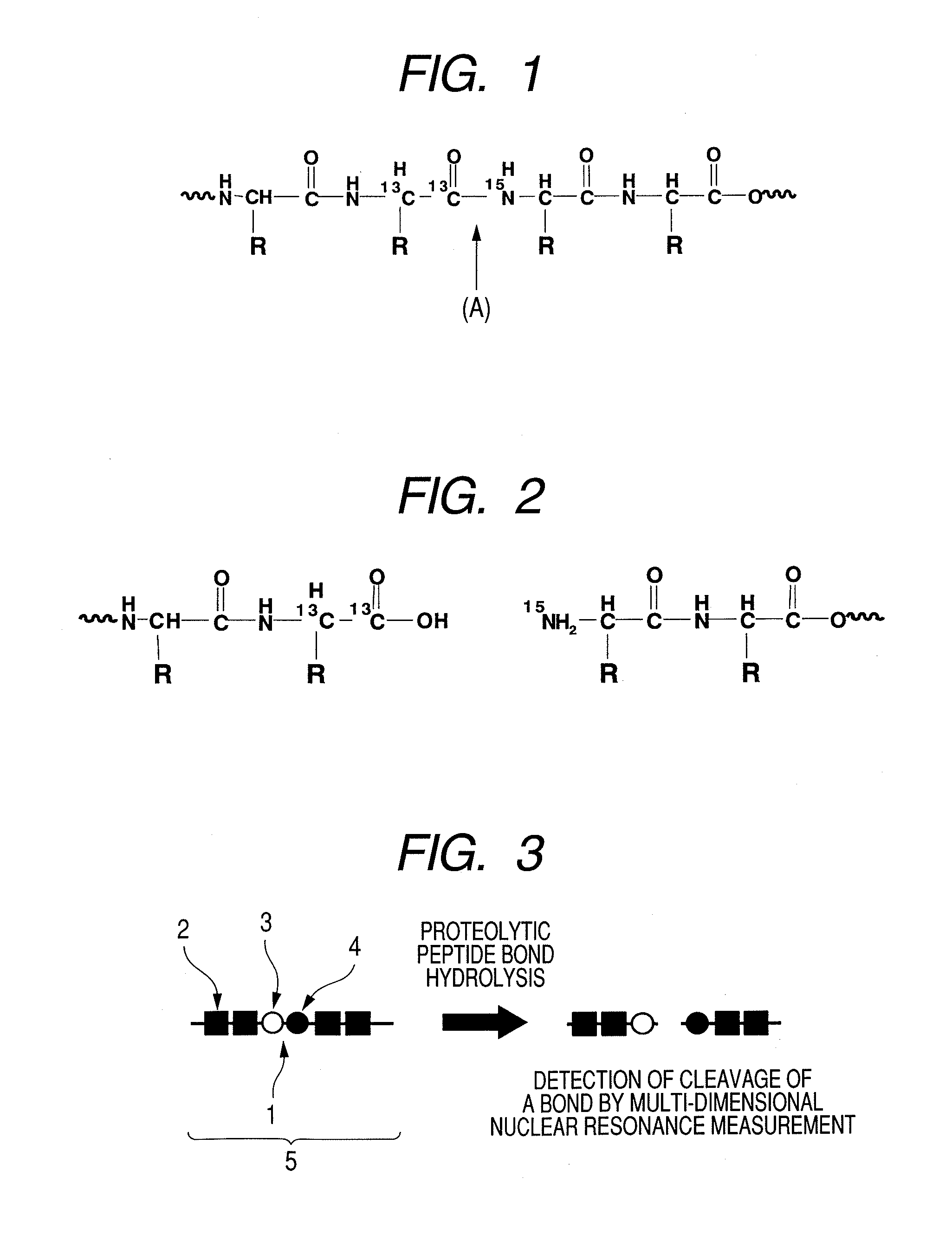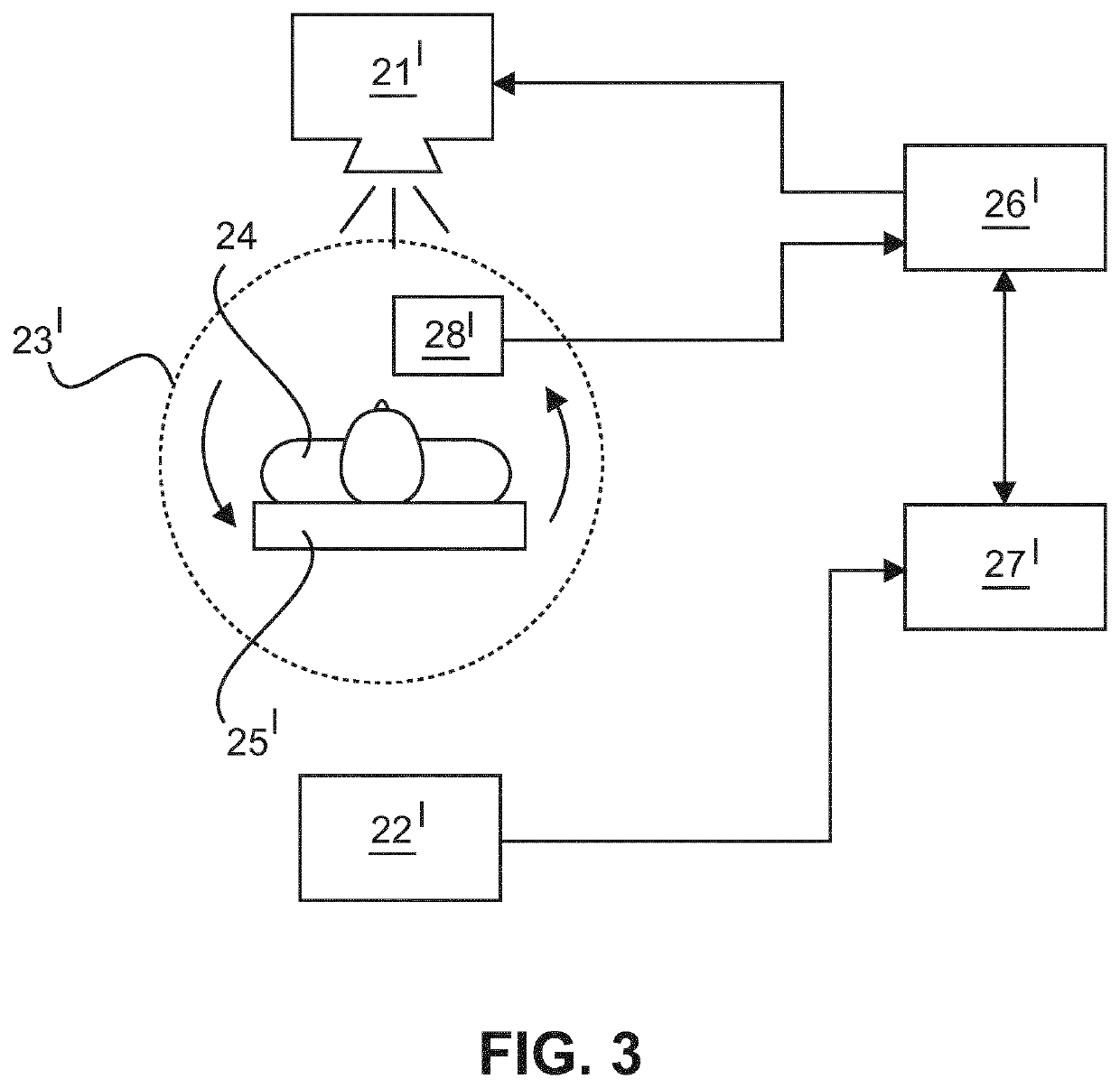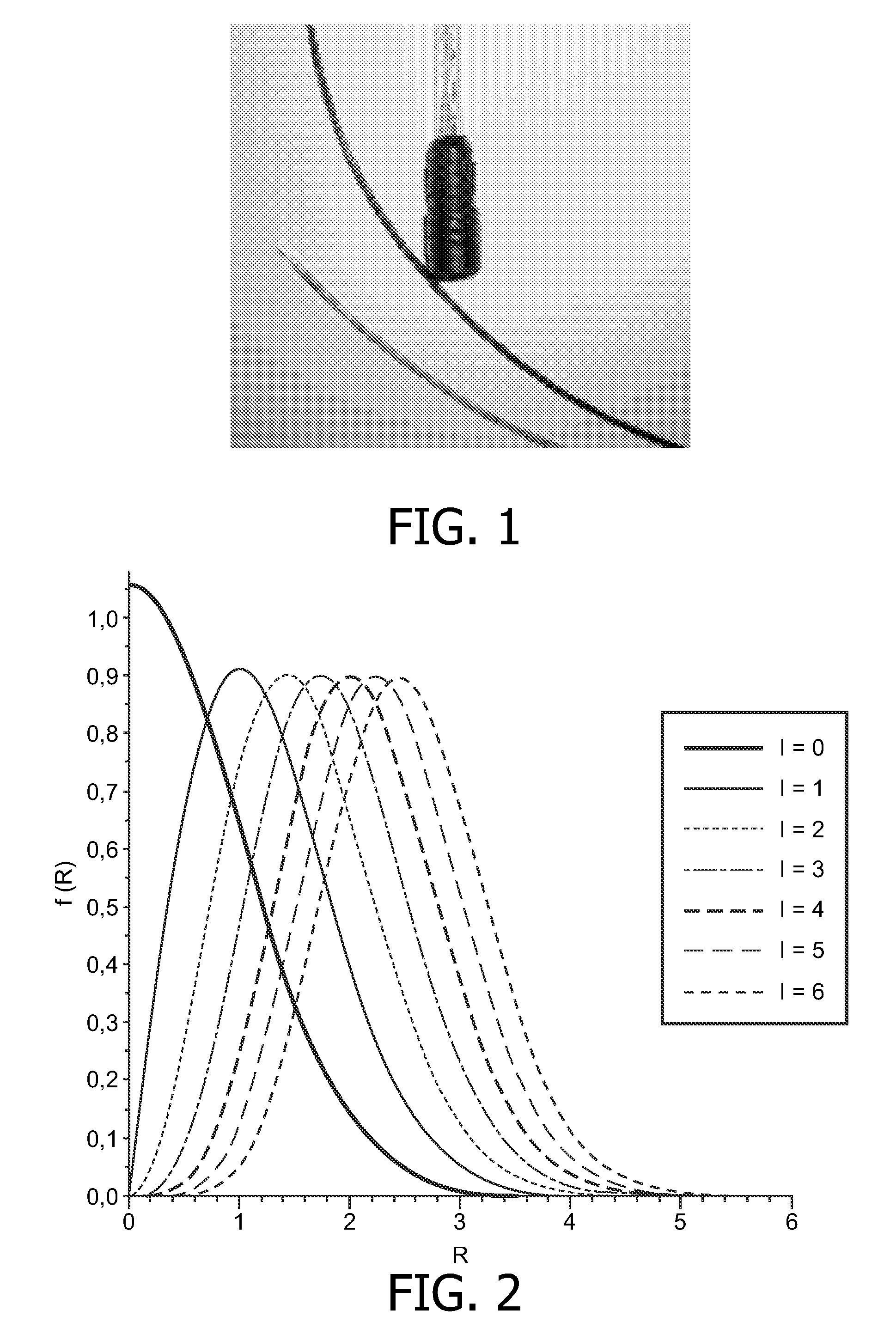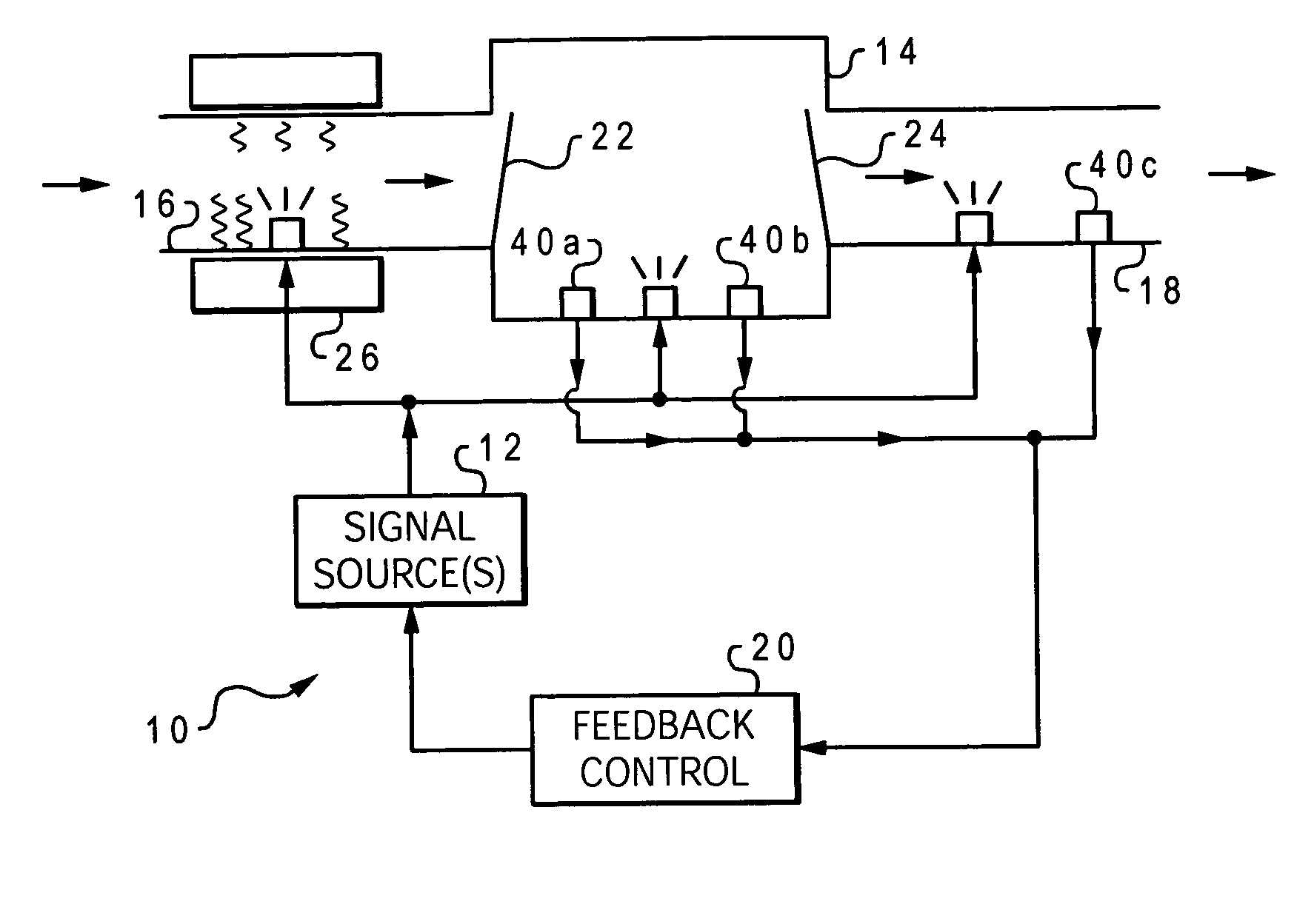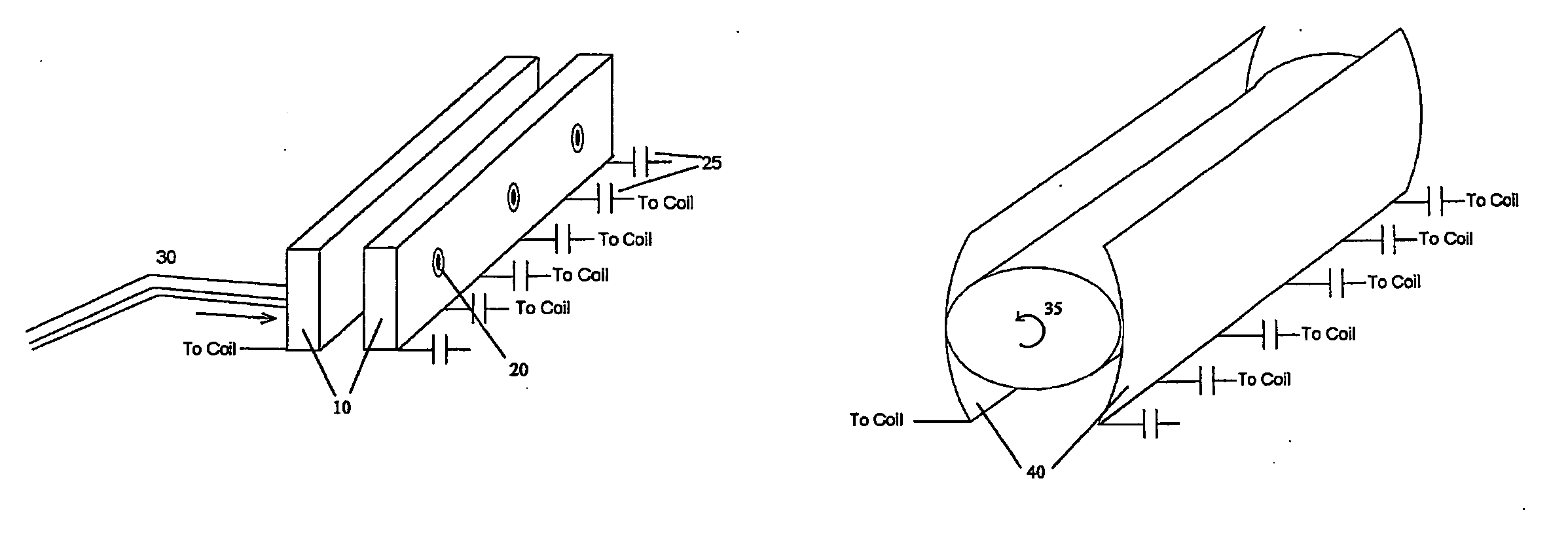Patents
Literature
Hiro is an intelligent assistant for R&D personnel, combined with Patent DNA, to facilitate innovative research.
48 results about "Nuclear resonance" patented technology
Efficacy Topic
Property
Owner
Technical Advancement
Application Domain
Technology Topic
Technology Field Word
Patent Country/Region
Patent Type
Patent Status
Application Year
Inventor
Nuclear resonance - the resonance absorption of a gamma ray by a nucleus identical to the nucleus that emitted the gamma ray. resonance - an excited state of a stable particle causing a sharp maximum in the probability of absorption of electromagnetic radiation.
Radio frequency atomic magnetometer
InactiveUS20100289491A1Enhance nuclear magnetizationEnhanced magnetizationElectric/magnetic detectionMeasurements using NMRRadio frequency signalLight beam
An atomic magnetometer is used to detect radio frequency magnetic fields, such as those generated in nuclear resonance experiments. The magnetometer is based on nonlinear magneto-optical rotation and pumps an atomic vapor into a quadrupole aligned state. Detection of the modulation of the polarization of a linearly polarized beam provides the radio frequency signal, which can then be processed to extract the component frequencies.
Owner:BUDKER DIMITRY +2
Nuclear magnetic resonance spectroscopy using light with orbital angular momemtum
InactiveUS20100327866A1Less noisyHigh resolutionLaser detailsAnalysis using optical pumpingTwo-dimensional nuclear magnetic resonance spectroscopySpectroscopy
The present invention relates to a device capable of producing a high resolution chemical analysis of a sample, such as fluid, based upon nuclear magnetic resonance (NMR) spectroscopy, where the nuclear magnetic polarizations of the sample are generated by sequentially illuminating the sample with a focused beam of light carrying angular orbital angular momentum (OAM) and possibly momentum (spin). Unlike in usual NMR used for magnetic nuclear resonance imaging (MRI) or spectroscopy, the invention does not make use of a strong magnet.
Owner:KONINKLIJKE PHILIPS ELECTRONICS NV
Use of nearly monochromatic and tunable photon sources with nuclear resonance fluorescence in non-intrusive inspection of containers for material detection and imaging
Methods and systems for detecting potential items of interest in target samples, using nuclear resonance fluorescence, utilize incident photon spectra that are narrower than traditional bremsstrahlung spectra but overlap nuclear resonances in elements of interest for purposes of detection, such as but not limited to the detection of threats in luggage or containers being scanned.
Owner:PASSPORT SYSTEMS INC
Signal receiving and transmitting device of digital magnetic nuclear resonance lock
ActiveCN101413994ARealize radio frequency transmissionAdjustable frequencyMeasurements using magnetic resonanceLow-pass filterEngineering
The invention discloses a digital nuclear magnetic resonance lock signal transmitter receiver set which consists of a lock transmitter, a lock receiver and a lock error output unit. The transmitter receiver set is characterized in that: an FPGA control circuit is connected with a clock distribution circuit and a backboard interface, a digital frequency synthesizer is respectively connected with the clock distribution circuit, a low pass filter and the FPGA control circuit; a digital variable gain amplification circuit is connected with the low pass filter and the FPGA control circuit respectively; the low pass filter is connected with the digital variable gain amplification circuit and a probe respectively; the low pass filter is connected with the probe and a switch respectively; the variable gain amplification circuit is connected with the FPGA control circuit; a frequency mixer is connected with the low pass filter and the variable gain amplification circuit respectively, an IF digital sub-system is connected with the clock distribution circuit, the FPGA control circuit and the low pass filter respectively; and a digital-to-analog converter (DAC) is connected with the FPGA control circuit and a conditioning circuit. The digital nuclear magnetic resonance lock signal transmitter receiver set has the advantages of digital control, good versatility and low cost, and enhance magnetic field stability and anti-interference capability.
Owner:ウーハン ジョンケ ニウジン マグネティック レゾナンス テクノロジー カンパニー リミテッド
Graduation apparatus of magnetic nuclear resonance logger
ActiveCN101413389AReduce volumeShield interferenceElectric/magnetic detection for well-loggingBorehole/well accessoriesPorosityNMR - Nuclear magnetic resonance
The invention discloses a calibration device for a nuclear magnetic resonance well logger, which comprises a circulation system, a shielding dial drum and a lithologic medium placing board, wherein the circulation system consists of a mixing vessel, a vacuum valve and a Faraday dial drum; the Faraday dial drum is provided with an instrument outer cylinder which is used for placing a detecting instrument and a corresponding probe; the shielding dial drum is sleeved outside the instrument outer cylinder and used for circulating flow of a calibration solution; the lithologic medium placing board is arranged inside the shielding dial drum and used for placing solid lithologic media; a skylight for placing and taking the solid lithologic media is also arranged on the shielding dial drum; and a skylight cover is arranged on the skylight. The calibration device for the nuclear magnetic resonance well logger not only effectively reduces the volume of the calibration device and shields interference of an external electromagnetic field but also can conveniently and flexibly replace the lithologic media, accurately calibrate the investigation depth and the sensitivity on the lithologic media with various porosities, and provide accurate scale data for the nuclear magnetic resonance well logger.
Owner:CHINA NAT OFFSHORE OIL CORP +1
Method for obtaining a diffusion-weighted image
InactiveCN1961826AShorten the shooting timeImage enhancementDiagnostic recording/measuringDiffusionPhase gradient
A diffusion-weighted data record is captured, in which magnetic diffusion gradients are switched. A diffusion-weighted image is calculated for an object under examination with the help of the diffusion-weighted data record. De-phasing gradients are switched so as to reduce artifacts on the basis of additional signal echoes in the diffusion-weighted image. An independent claim is also included for a magnetic resonance facility for generating a diffusion-weighted image with the help of a magnetic nuclear resonance.
Owner:SIEMENS AG
Substrate probe, enzyme-activity detection method by a multi-dimensional nuclear magnetic resonance method and enzyme-activity imaging method
ActiveUS20100248279A1Improve reliabilityGood biocompatibilityMagnetic measurementsMicrobiological testing/measurementNMR - Nuclear magnetic resonanceSpins
Substrate probe capable of detecting enzyme activity with high accuracy and a method for detecting the enzyme activity by a multi nuclear magnetic resonance method using the substrate probe. Multi-dimensional nuclear magnetic resonance is performed by using a substrate probe, which is used for measuring enzyme activity by a multi-dimensional nuclear magnetic resonance method and characterized by containing a enzyme recognition site that is selectively recognized by an active-state enzyme, as at least one constitutional unit, and a group to which at least three nuclear magnetic resonance active nuclei each having a nuclear spin and a different resonance frequency are connected, being present specifically to the enzyme recognition, thereby detecting presence of the substrate probe and the enzyme activity. Alternatively, imaging of the enzyme activity is performed by a multi-dimensional nuclear resonance imaging method.
Owner:CANON KK
Magnetic resonance imaging apparatus, RF coil system, and magnetic resonance imaging method
The present invention provides a magnetic resonance imaging apparatus, a RF coil system and an imaging method of magnetic resonance. The magnetic resonance imaging apparatus (1) has at least one RF coil and data processor. One side of the RF coil generates inherent information, another side of the RF coil receives magnetic nuclear resonance signal, and the received magnetic nuclear resonance signal and the inherent information are sent by wireless.Data processor receives the magnetic nuclear resonance signal and the inherent information sent by wireless, and generates image data based on magnetic nuclear resonance signal according to inherent information.
Owner:TOSHIBA MEDICAL SYST CORP
Linear current source excitated multi- path receiving ground magnetic nuclear resonance method and system
InactiveCN101285895ASolve fine measurementHigh receiving work efficiencyDetection using electron/nuclear magnetic resonanceAlternating currentProton NMR
The invention relates to a method for a wire power source multichannel receiving ground nuclear magnetic resonance and a system thereof. The method comprises the following the steps that: 1) a transmitter is used to supply alternating current with Larmor frenquency to the underground through two embedded emission electrodes, and the distance of the electrodes and the current are changed to generate different excited magnetic fields; 2) the excited magnetic fields are broken, and signals which are in exponential decaying laws are received through a high-sensitive probe in the process that excited protons are precessed into a normal balanced state; 3) the signals are transmitted to a receiver through signal transmission lines, and received signals of the receiver are sent to a signal processing and imaging system to carry out treatments to the signals, such as pretreatment, denoising, inversion, imaging, etc. The method for the wire power source multichannel receiving ground nuclear magnetic resonance and the system thereof have the advantages that: small volume of meticulous exploration underground can be provided; the method and the system thereof have the characteristics of high efficiency of multichannel receiving work, large explorating space, and is favorable for three-dimensional inversion imaging and so on; the wire power source are excited so that construction is flexible and simple; the efficiency of the multichannel receiving work is high; and an aim of exploration is realized through changing emission current.
Owner:李振宇 +1
Nuclear magnetic resonance spectroscopy using light with orbital angular momentum
InactiveCN101939638AHigh sensitivityReduce noiseAnalysis using optical pumpingMeasurements using NMR spectroscopyTwo-dimensional nuclear magnetic resonance spectroscopySpectroscopy
The present invention relates to a device capable of producing a high resolution chemical analysis of asample, such as fluid, based uponnuclear magneticresonance (NMR) spectroscopy, where the nuclear magnetic polarizations of the sample are generated by sequentiallyilluminating the sample with a focused beam of lightcarrying angular orbital angular momentum(OAM) and possiblymomentum (spin). Unlike in usual NMR used for (10) magneticnuclear resonance imaging (MRI) or spectroscopy, the invention does not make use of a strong magnet.
Owner:KONINKLIJKE PHILIPS ELECTRONICS NV
Liver, spleen specific positive magnetic nuclear resonance contrast agent and method of preparing the same
InactiveCN101549161AGood biocompatibilityIncreased sensitivityNMR/MRI constrast preparationsDispersion stabilityHydroxylapatite
The present invention disclose a specific positive magnetic nuclear resonance contrast agent and method of preparing the same, the contrast agent is applying gadopentetate dimeglumine (Gd-DTPA) coating or scion grafting to 1-100 nm hydroxylapatite [Ca [10](PO [4][6](OH)[2], short as HA) particles, to obtain composite granule smaller than 1000 nm, modified by proserum, polyethylene imine (PEI), polyethyleneglycol (PEG) to get dispersion stability colloid solution. Comparing with the present technology the positive magnetic nuclear resonance contrast agent of the invention is provided with low toxicity, high stability, good biocompatibility, high sensibility, high relaxation capability and liver, spleen specificity. The contrast agent colloid solution can be used for enhancing contrast imaging of human body or non-human body liver or spleen.
Owner:CENT SOUTH UNIV
Method and apparatus for detecting substance using nuclear resonance
InactiveCN1391653AImprove signal-to-noise ratioMeasurements using NMR imaging systemsMaterial analysis by using resonancePulse sequenceSignal-to-quantization-noise ratio
A method and apparatus for detecting a prescribed substance in a specimen, using nuclear quadrupole resonance or nuclear magnetic resonance. The nuclei of the specimen are irradiated with a modified steady state free precession RF pulse sequence comprising a plurality of pulses. The pulse sequence includes pairs of pulses offset from each other by a prescribed phase shift to produce a plurality of nuclear resonance echo signals from the prescribed substance, if present. The pulse sequence is constructed with pairs of pulses where phases of adjacent pulse pairs are offset by 90 DEG of the type: [tau / 2-(theta-Deltatau-theta)0 DEG -tau-(theta-Deltatau-theta)90 DEG -tau / 2]n, and where the transmit frequency has an offset relative to the resonant frequency of an irradiated nuclei of the prescribed substance. The echo signals are analyzed using Fourier transform and filtering techniques to register only those echo signals that are near the resonance frequencies of irradiated nuclei of the prescribed substance being detected. The registered echo signals are then compared with set reference values corresponding to the prescribed substance to determine whether the prescribed substance is present or not in the specimen. This type of detection method is not affected by temperature variations or other factors that create intensity anomalies. The pulse sequence creates additional echo signals, which increases the intensity of the observed signal and thus the signal to noise ratio. It also attenuates the effect of magneto-acoustic ringing.
Owner:QR SCI
Acupuncture manipulator mechanism for nuclear magnetic resonance environment
The invention discloses an acupuncture manipulator mechanism for a nuclear magnetic resonance environment, which comprises a base, a front platform and a rear platform. The front platform and the rear platform are fixed on the base. The front platform and the rear platform are mutually parallel, are identical in structure and are arranged coaxially; two first sliders capable of moving radially and axially are respectively disposed on the front platform and the rear platform, an acupuncture shell is supported on the two first sliders via ball bearings, a surgical needle is mounted in the acupuncture shell, a tip of the surgical needle penetrates out of the front platform, and the surgical needle can be driven by an ultrasonic motor to realize acupuncture actions. The acupuncture manipulator mechanism is a surgical robot mechanism with a flexible working space, is fine in rigidity and compact and reasonable in structure, has a good operating performance, can assist in acupuncture surgery in a limited space of a nuclear resonance spectrometer, can approach a target from an optional direction in a work range, overcomes defects that an imaging effect is not timely and trace planning isdifficult in a surgery process, and greatly increases surgery precision and surgery success and improvement.
Owner:TIANJIN UNIV
High-frequency magnetic nuclear resonance meridian physiotherapy machine
InactiveCN101947358AImprove health statusRealize the thermal effectElectrotherapyMagnetotherapyCore componentDrive motor
The invention discloses a high-frequency magnetic nuclear resonance meridian physiotherapy machine which comprises a power supply, a drive motor and a core component, wherein the drive motor and the core component are arranged in a shell; the core component comprises a core seat arranged in a core protecting box; a core balance bar is respectively arranged at two ends of the core seat; the core seat is provided with a driving magnetic moxibustion shaft and at least one driven magnetic moxibustion shaft; the driving magnetic moxibustion shaft and the driven magnetic moxibustion shaft respectively consist of a permanent magnetic material, a carbon steel shaft core and a non-magnetic conductive auxiliary material; the magnetic fields of the driving magnetic moxibustion shaft and the driven magnetic moxibustion shaft are an S pole on one side and an N pole on the other side in distribution; the shaft head of the driving magnetic moxibustion shaft passes through the core seat; the driving magnetic moxibustion shaft is connected with the output shaft of the drive motor; the power supply is a variable-voltage DC power supply; and a circuit board and a liquid crystal display circuit board are arranged in the shell. The high-frequency magnetic nuclear resonance meridian physiotherapy machine can penetrate into the acupuncture points of a human body without damage to skins by replacing a filiform needle for traditional Chinese medical acupuncture and moxibustion with a high-frequency magnetic field line to form resonance in the human body, generate strong explosive power and quickly activate hindered channels and points, thereby carrying out physiotherapy on the meridians of the human body.
Owner:杨玉美 +2
Nuclear resonance applications for enhanced combustion
InactiveUS7341446B2Simple methodReduces formation and emissionCombustion using gaseous and pulverulent fuelSampled-variable control systemsSolid-state nuclear magnetic resonanceNMR - Nuclear magnetic resonance
A method of enhancing the combustion process by stimulating one or more components of a fuel / air mixture using nuclear resonance to selectively reduce or increase the oxidation of selected components of the combustion reaction, e.g., nitrogen (N-14) or hydrogen (H-1). The method can utilize either nuclear magnetic resonance for H-1 or nuclear quadrupole resonance for N-14. Stimulation of the components can occur before, during, or after the combustion reaction in the combustion area. Stimulation with an electromagnetic pulse can be synchronized with the combustion reaction. A feedback system is used to sense one or more operating parameters of the combustion reaction, and adjust the nuclear resonance stimulation based on sensed operating parameters. For example, if the stimulation is an RF signal having a beginning frequency, this frequency can be adjusted based on sensory information regarding gas levels or temperature in an exhaust stream.
Owner:BUSH GARY L
Magnetic nuclear resonance radio frequency receiving signal digital downward conversion implementing device and method
InactiveCN101334456AChange the decimation rate in real timeSave resourcesDigital technique networkMeasurements using NMRDigital signal processingNumerical control
The invention relates to a device and a method for realizing the nuclear magnetic resonance radio frequency received signal digital down conversion, which are realized on the basis of the FPGA technology, the device comprises a DC-offset suppressor, a command decoder, a numerical controlled oscillator, a real part channel, an imaginary part channel and an output control interface, wherein, the DC-offset suppressor suppresses the DC-offset which is generated during the digital signal processing process; the command decoder decodes control words of the numerical controlled oscillator, the related control words of a CIC comb filter and the control words of a DDC output in a real-time manner; the numerical controlled oscillator decodes the control words of the numerical controlled oscillator in the real-time manner; the real part channel and the imaginary part channel complete the orthogonal detection operation of a digital nuclear magnetic resonance free induction decay signal from the radio frequency signal to the baseband signal; and the output control interface realizes the data communication with a follow-up digital signal processing module or a data memory. The device has strong practicability and can be flexibly updated according to user needs, thereby avoiding the crises that the whole product can not be continued or the production of the whole product is stopped due to the termination of the life cycle of key components, etc.
Owner:NEUSOFT MEDICAL SYST CO LTD +1
Method and apparatus for detecting a substance using a nuclear resonance
InactiveUS6856133B1Improve detection accuracyAccurate detectionElectric/magnetic detectionMaterial analysis by using resonanceFourier transform on finite groupsPulse sequence
A method and apparatus for detecting a prescribed substance in a specimen, using nuclear quadrupole resonance or nuclear magnetic resonance. The nuclei of the specimen are irradiated with a modified steady state free precession RF pulse sequence comprising a plurality of pulses. The pulse sequence includes pairs of pulses offset from each other by a prescribed phase shift to produce a plurality of nuclear resonance echo signals from the prescribed substance, if present. The pulse sequence is constructed with pairs of pulses where phases of adjacent pulse pairs are offset by 90° of the type: [τ / 2−(θ−Δτ−θ)0°−τ−(θ−Δτ−θ)90°−τ / 2]n, and where the transmit frequency has an offset relative to the resonant frequency of an irradiated nuclei of the prescribed substance. The echo signals are analyzed using Fourier transform and filtering techniques to register only those echo signals that are near the resonance frequencies of irradiated nuclei of the prescribed substance being detected. The registered echo signals are then compared with set reference values corresponding to the prescribed substance to determine whether the prescribed substance is present or not in the specimen. This type of detection method is not affected by temperature variations or other factors that create intensity anomalies. The pulse sequence creates additional echo signals, which increases the intensity of the observed signal and thus the signal to noise ratio. It also attenuates the effect of magneto-acoustic ringing.
Owner:QR SCI
Double-strand quaternary ammonium type nuclear magnetic resonance imaging contrast agent and preparation method thereof
InactiveCN102908634AImprove uniformityImprove stabilityOrganic compound preparationTransportation and packagingActive agentStructural formula
The invention relates to a nuclear magnetic resonance imaging contrast agent, in particular to a double-strand quaternary ammonium type surface active agent prepared in organic combining mode. The active agent is attached to the surface of macromolecule nanometer particles and has the function of nuclear magnetic resonance function after being matched with specific metal in position. The structural formula of the double-strand quaternary ammonium type nuclear magnetic resonance imaging contrast agent is the formula 1. n in the formula 1 is 4-20, the diameter of the imaging contrast agent with macromolecule as a carrier and measured by the dynamic light scattering (DSL) is 20-30 nanometers, and has good evenness and stability. The nuclear resonance imaging experiments measure that the relaxation rate of the imaging contrast agent with macromolecule as the carrier in the Gd-DTPA series and is improved by over 1.5 times compared with the clinical application value (4.3mMS-1).
Owner:EAST CHINA UNIV OF SCI & TECH
Multi-receiving-terminal wireless electric energy transmission device used for assisting blood supply and provided with repeating coil
ActiveCN108653842ASimple structureEasy to controlCircuit arrangementsControl devicesCapacitanceEngineering
The invention provides a multi-receiving-terminal wireless electric energy transmission device used for assisting blood supply and provided with a repeating coil. An external power supply control system, a bus capacitor, an inverter and an energy transmission coil of the device for assisting blood supply are connected in sequence, the repeating coil and the energy transmission coil are located inthe same plane, and the repeating coil is nested outside the energy transmission coil. Receiving coils, a high-voltage rectifier bridge, a DC-DC conversion device, a maintenance capacitor and an electroactive thin polymer film are connected in sequence, n receiving coils receive energy transferred by the wireless electric energy transmission device through nuclear resonance, the energy is converted into electric waves through the high-voltage rectifier bridge, and the electric waves are transmitted to the DC-DC conversion device, are filtered by the maintenance capacitor and then are suppliedfor the electroactive thin polymer film. The problem is solved that a traditional human body blood supply assisting device is large in size, external arrangement of a power supply causes bacterial infection and accordingly the body health of a patient is threatened. The multi-receiving-terminal power supply mode of the device makes multiple in-vivo implantable EAP thin films work simultaneously, and blood supply of blood vessels at multiple parts can be assisted simultaneously.
Owner:HARBIN INST OF TECH
High-sensitive three-dimensional nuclear magnetic resonance spectrum method
The invention provides a high-sensitive three-dimensional nuclear magnetic resonance spectrum method. The method comprises the following steps: applying proton 90-DEG hard pulse, performing delay, andthen simultaneously applying proton and X-nuclear 180-DEG hard pulse, and then performing delay; and then simultaneously performing proton and X-nuclear 90-DEG hard pulse, performing delay, applyingproton 180-DEG hard pulse, and then performing delay, applying SMSQ10.100 gradient field pulse; applying X-nuclear 180-DEG hard pulse, and then performing delaying, simultaneously applying proton andX-nuclear 90-DEG hard pulse, and performing delay, applying proton 180-DEG hard pulse; and then performing delay, applying X-nuclear 180-DEG hard pulse; performing delay, applying TOCSY self-spinninglocking combined pulse, and then performing delay for theta, applying proton 180-DEG hard pulse, and then applying SMSQ 10.100 gradient field pulse, beginning sampling, wherein the Garp combined pulsedecoupling is performed on the X-nuclear at the sampling period. The three-dimensional Fourier transform is performed on the data, thereby obtaining the HSQC-TQCSY magnetic nuclear resonance spectrum.
Owner:DALIAN INST OF CHEM PHYSICS CHINESE ACAD OF SCI
Substrate probe for use in measuring enzyme activity
ActiveUS8481254B2Improve reliabilityGood biocompatibilityMagnetic measurementsMicrobiological testing/measurementNMR - Nuclear magnetic resonanceSpins
Owner:CANON KK
Thrombus target contrast agent of magnetic nuclear resonance and preparation method thereof
InactiveCN101347625ASmall toxicityLess prone to displacement effectsNMR/MRI constrast preparationsSerum protein albuminNMR - Nuclear magnetic resonance
The invention discloses a nuclear magnetic resonance thrombus target-directed contrast agent and a preparation method thereof. The agent is large molecule polymer that is coupled by PsL-EGFmAb and Gd-DTPA-serum albumin. One molecule monoclonal antibody in the contrast agent can have 70 to 100 Gd<3+>. The target-directed contrast agent of the invention can gather at a local part of the thrombus specifically, target-directed development can be realized, the thrombus signal value is earlier than the reinforcing development of normal contrast agents and has obvious reinforcing effect, and the contrast agent can be used for early diagnosis of thrombus formation.
Owner:RUIJIN HOSPITAL AFFILIATED TO SHANGHAI JIAO TONG UNIV SCHOOL OF MEDICINE
Substrate probe, enzyme-activity detection method by a multi-dimensional nuclear magnetic resonance method and enzyme-activity imaging method
ActiveUS20130288345A1Improve reliabilityGood biocompatibilityBioreactor/fermenter combinationsBiological substance pretreatmentsNMR - Nuclear magnetic resonanceSpins
An object of the present invention is to provide a substrate probe capable of detecting enzyme activity with high accuracy and a method for detecting the enzyme activity by a multi nuclear magnetic resonance method using the substrate probe. Multi-dimensional nuclear magnetic resonance is performed by using a substrate probe, which is used for measuring enzyme activity by a multi-dimensional nuclear magnetic resonance method and characterized by containing a enzyme recognition site that is selectively recognized by an active-state enzyme, as at least one constitutional unit, and a group to which at least three nuclear magnetic resonance active nuclei each having a nuclear spin and a different resonance frequency are connected, being present specifically to the enzyme recognition, thereby detecting presence of the substrate probe and the enzyme activity. Alternatively, imaging of the enzyme activity is performed by a multi-dimensional nuclear resonance imaging method.
Owner:CANON KK
Biomedical nuclear magnetic resonance device
InactiveCN103207199AHigh quality factorHigh power excitationAnalysis using nuclear magnetic resonanceNMR - Nuclear magnetic resonanceSpins
The invention discloses a biomedical nuclear magnetic resonance device which comprises a frequency meter, a radiofrequency oscillator, a radiofrequency coil, a modulation receiver, a sample tube, a first magnet and a second magnet. The radiofrequency coil generates an alternating electromagnetic field according to pulse current from the radiofrequency oscillator, inductively generates sample feedback signals which represent the energy level of nuclear spin of a sample and comprises an even number of rectangular secondary coils, a long side of each rectangular secondary coil extends to form a first transmission line positioned in the axis of the radiofrequency coil, a short side, which is adjacent to the corresponding long side, of each rectangular secondary coil is bent and then extends to form a second transmission line, and the rectangular secondary coils are connected with one another in parallel and are equidistantly arranged to form the radiofrequency coil; the modulation receiver is connected to the radiofrequency oscillator; the sample tube is positioned on the axial line of the radiofrequency coil, is positioned under the radiofrequency coil and is mounted on a rotor fixing part; and the first magnet and the second magnet are respectively positioned on two sides of the sample tube. The biomedical nuclear magnetic resonance device has the advantages that the biomedical nuclear resonance device is high in quality factor, high-power excitation and excellent radiofrequency magnetic field distribution are realized, the measuring accuracy and the measuring sensitivity are greatly improved, the stability of a sample is improved when the sample rotates, and the jamming rate during sample loading is reduced.
Owner:杨晓冬 +3
Examination of a blood vessel based on nuclear resonant absorption
ActiveUS20210321967A1Compounds screening/testingMaterial analysis using wave/particle radiationControl cellBlood velocity
The invention relates to a system and a method for determining a characteristic of a blood vessel portion, which comprises blood including a contrast agent exhibiting resonant absorption of x-ray photons at a specific energy. The system comprises a tunable monochromatic x-ray source (21) emitting x-ray radiation, an x-ray detector device (22) for detecting the x-ray radiation after it has travelled through the blood vessel portion. A control unit (26) varies a tuning of the x-ray source (21) to vary the energy of the x-ray radiation emitted by the x-ray source (21), and an evaluation unit (27) determines a tuning of the x-ray source (21) at which nuclear resonant absorption of the x-ray radiation incident onto the blood vessel portion occurs and estimates the characteristic on the basis of the determined tuning. The characteristic may particularly be the blood velocity in the blood vessel portion.
Owner:KONINKLJIJKE PHILIPS NV
Nuclear magnetic resonance spectroscopy using light with orbital angular momentum
InactiveUS8508222B2Less noisyHigh measurement sensitivityLaser detailsMasersTwo-dimensional nuclear magnetic resonance spectroscopySpectroscopy
A device capable of producing a high resolution chemical analysis of a sample, such as fluid, is based upon nuclear magnetic resonance (NMR) spectroscopy. The nuclear magnetic polarizations of the sample are generated by sequentially illuminating the sample with a focused beam of light carrying angular orbital angular momentum (OAM) and possibly momentum (spin). Unlike in a typical NMR used for magnetic nuclear resonance imaging (MRI) or spectroscopy, the present device does not make use of a strong magnet.
Owner:KONINK PHILIPS ELECTRONICS NV
Nuclear resonance applications for enhanced combustion
InactiveUS20050221242A1Simple methodReduces formation and emissionCombustion using gaseous and pulverulent fuelSampled-variable control systemsSolid-state nuclear magnetic resonanceNMR - Nuclear magnetic resonance
A method of enhancing the combustion process by stimulating one or more components of a fuel / air mixture using nuclear resonance to selectively reduce or increase the oxidation of selected components of the combustion reaction, e.g., nitrogen (N-14) or hydrogen (H-1). The method can utilize either nuclear magnetic resonance for H-1 or nuclear quadrupole resonance for N-14. Stimulation of the components can occur before, during, or after the combustion reaction in the combustion area. Stimulation with an electromagnetic pulse can be synchronized with the combustion reaction. A feedback system is used to sense one or more operating parameters of the combustion reaction, and adjust the nuclear resonance stimulation based on sensed operating parameters. For example, if the stimulation is an RF signal having a beginning frequency, this frequency can be adjusted based on sensory information regarding gas levels or temperature in an exhaust stream.
Owner:BUSH GARY L
Low esr switch for nuclear resonance measurements
InactiveUS20060091886A1Lower resistanceIncrease the Q of the systemMeasurements using electron paramagnetic resonanceMaterial analysis by using resonanceElectricityElectron resonance
A low equivalent series resistance (ESR) switch for selectively adding to a coil-capacitor circuit of a nuclear or electron resonance system. The switch comprises a pair of physically and electrically contacting members having mutually large contact surface areas. The members are movable between a quiescent position where the contact surface areas are separated by a small distance and an active position where the contact surface areas are brought into physical and electrical contact to connect into the coil-capacitor circuit.
Owner:QRSCI
Human body auxiliary blood supplying device with wireless power transmission
ActiveCN108671298ASimple structureEasy to controlCircuit arrangementsIntravenous devicesCapacitanceElectric power transmission
The invention provides a human body auxiliary blood supplying device with wireless power transmission. According to the blood supplying device, an external power supply, a bus capacitor, an inverter and an energy transmitting coil are successively connected, a main controller is connected with the inverter, a repeating coil and the energy transmitting coil are in the same plane, and the repeatingcoil sleeves the outer portion of the energy transmitting coil; a receiving coil, a high-voltage rectifier bridge, a maintaining capacitor and electroactivity polymer thin film are successively connected, the receiving coil receives energy transferred by nuclear resonance which is transmitted by a wireless power transmitting device, the energy is converted into electric waves through the high voltage rectifier bridge, and after filtering conducted by the maintaining capacitor, the electroactivity polymer thin film is controlled to be shrunken. The problems that the traditional human body auxiliary blood supplying device is large in size, and a power supply arranged at the outside can easily cause bacterial infection, therefore health of patients can be threatened are solved. EAP thin filmclosely sleeves the vascular wall outside the ventricle and is small in size, a wireless power receiving device driving the EAP thin film is built in a human body, and the problem that the power supply arranged at the outside causes bacterial infection is avoided.
Owner:HARBIN INST OF TECH
Preparation method and application of carbon quantum dot nano assembly
PendingCN114525127ASuccessfully preparedGood dispersionMaterial nanotechnologyNanoopticsAir atmosphereOrganosolv
The invention belongs to the technical field of biomedical materials, and relates to a preparation method of a carbon quantum dot nano assembly, which comprises the following steps: 1) adding shellac acid A into an organic solvent until the shellac acid A is dissolved; 2) performing solvothermal reaction on the solution in the step 1) in an air atmosphere, after the reaction, performing silica gel column chromatography separation and purification to remove redundant impurities, then removing the solvent, dispersing the obtained powder in water, standing, performing suction filtration, pouring out supernate, filling the supernate into a dialysis bag, dialyzing in water, and then freeze-drying to obtain the carbon quantum dots; and (3) dispersing the carbon quantum dots obtained in the step (2) into an iron-containing inorganic salt aqueous solution, carrying out ultrasonic reaction for 10-60 minutes, standing, filling into a dialysis bag, dialyzing in water, and freeze-drying to obtain the carbon quantum dot nano assembly. The obtained carbon quantum dot nano assembly can be used as a contrast agent for nuclear resonance imaging.
Owner:NINGBO FIRST HOSPITAL +2
Features
- R&D
- Intellectual Property
- Life Sciences
- Materials
- Tech Scout
Why Patsnap Eureka
- Unparalleled Data Quality
- Higher Quality Content
- 60% Fewer Hallucinations
Social media
Patsnap Eureka Blog
Learn More Browse by: Latest US Patents, China's latest patents, Technical Efficacy Thesaurus, Application Domain, Technology Topic, Popular Technical Reports.
© 2025 PatSnap. All rights reserved.Legal|Privacy policy|Modern Slavery Act Transparency Statement|Sitemap|About US| Contact US: help@patsnap.com



